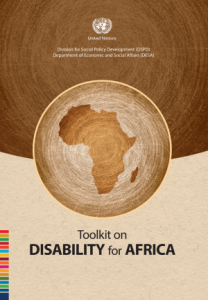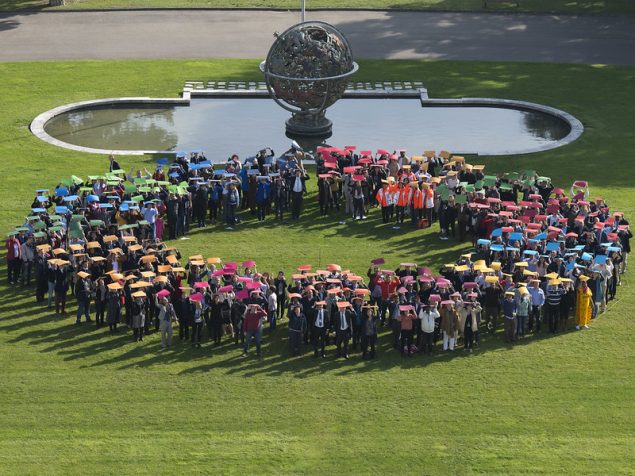Side-event to the 2011 High-level Segment of the substantive session of ECOSOC Annual Ministerial Review
5 July 2011, 1.15 – 2.45 p.m., Room XXVII, Les Palais des Nations, Geneva, Switzerland
The Millennium Development Goals Report 2010 indicates that the link between disability and marginalization in education is evident in countries at all levels of development. Even in some countries that are closer to achieving the goal of universal primary education, children with disabilities are the majority of those excluded. Estimates indicate that more than one third of out-of-school children have a disability.
Disability is a cross cutting development issue and all the Millennium Development Goals have relevance to persons with disabilities. The report of the Secretary General to 65th session of the General Assembly titled “Realizing the Millennium Development Goals for persons with disabilities towards 2015 and beyond” (65/175) emphasized the MDGs cannot be realised without development processes becoming truly inclusive and accessible to persons with disabilities.
The most recent General Assembly resolution on disability (65/186) called for mainstreaming of disability and persons with disabilities in all development processes and urged governments and the UN system to strengthen data collection and statistics on disability.
As the 2011 ECOSOC Annual Ministerial Review will focus on “implementing the internationally agreed goals and commitments in regard to education”, it is an opportune time to highlight the marginalization faced by children with disabilities with regard to their access to education.
The AMR also coincides with the launch of the first ever World Report on Disability in June 2011. It reviews evidence about the global situation of persons with disabilities, and offers directions for policy and practice to address exclusion. The report also includes the first new disability prevalence estimates since the 1970s and makes the case for better data collection and offers direction for policy – makers and practitioners to address exclusion. The report is produced jointly by the World Health Organization and the World Bank.
The panel discussion will be opened by H.E. Ambassador Luis Gallegos of Ecuador, former Chair of the Ad Hoc Committee on Disability, work of which resulted in the adoption by the General Assembly of the Convention on the rights of persons with disabilities in 2006. The panel will examine the findings of the World Report on Disability; explore solutions, examples of good practice at the country level to removing the barriers facing children with disabilities in their access to education and ways to foster inclusive education.
Panelists:
Ms. Aleksandra Posarac, Lead Economist, World Bank and Team Leader.
Ms. Alana Officer, Coordinator, Disability and Rehabilitation (DAR), Department of Violence and Injury Prevention and Disability, WHO
Mr. Philippe Testot-Ferry, UNICEF’s Regional Education Advisor for Central and Eastern Europe and the Commonwealth of Independent States (CES/CIS).
Ms. Irmgarda Kasinskaite-Buddeberg, Programme Specialist, Information Society Division of the Communication and Information Sector, UNESCO.
H.E Ambassador of Philippines Libran N. Cabactulan, Ambassador of the Philippines to the United Nations
Ellen Walker, International Disability Alliance (IDA)
Panel is co-organized by DESA, World Bank and WHO




